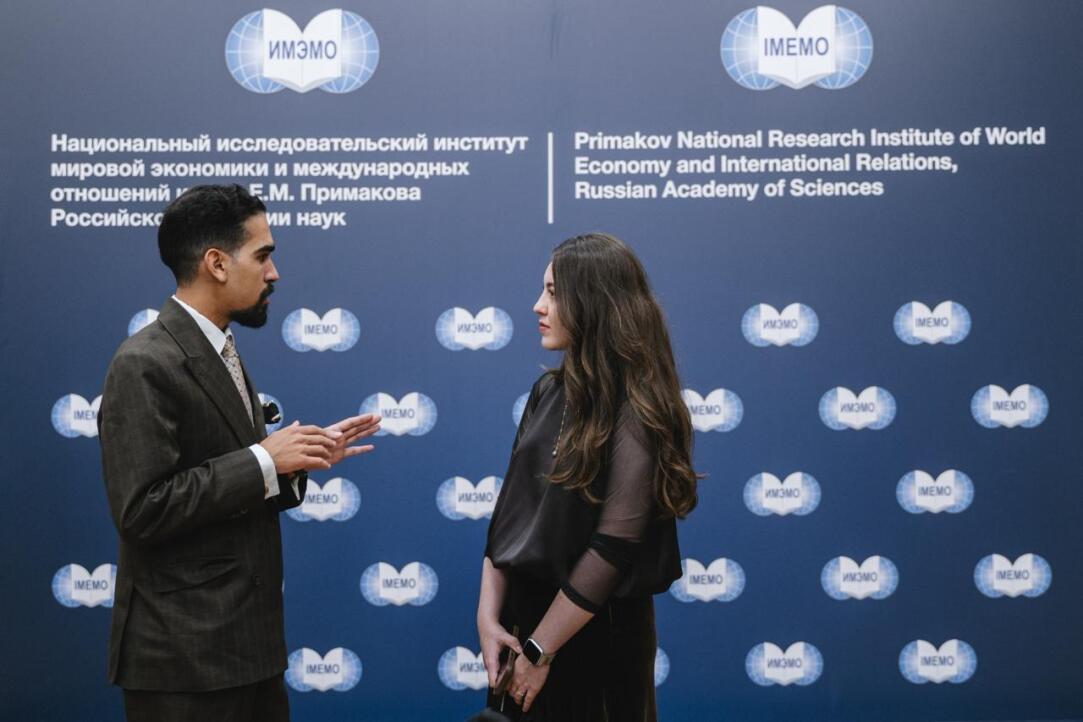Knowledge-Based World Order: Victoria Panova Speaks at the Primakov Readings Youth Session
The Primakov Readings, an international forum that unites leading experts, diplomats, scientists, and young researchers to discuss pressing challenges in global politics, security, and sustainable development, has concluded in Moscow.

The 8th Youth Session of the Primakov Readings, organised by the Primakov Centre in collaboration with the Council of Young Scientists and Specialists of the Institute of World Economy and International Relations, took place just before the main events of the forum. The theme, "Knowledge-Based World Order," set the tone for the expert panels featuring government representatives and business leaders.
A highlight of the event was the discussion titled "Scientific and Technological Development of the BRICS+ Countries." During this session, Victoria Panova, Head of the BRICS Expert Council-Russia and Vice Rector at HSE University, delivered an insightful presentation. She provided a comprehensive overview of the existing mechanisms for scientific collaboration among member countries, underscoring the critical role of platforms designed to support young researchers and facilitate technology transfer.
"Today, BRICS accounts for nearly 40% of the world's GDP in PPP and about half of the global population," Dr Panova emphasised. "The member nations possess significant research potential and can contribute unique solutions to major scientific and technological challenges. Young people play a special role in this landscape; they generate new ideas and meanings, foster interdisciplinary approaches, and lay the groundwork for a sustainable future. Prioritising support for young researchers, enhancing infrastructure, and promoting knowledge exchange are our essential strategic goals."
The Head of the BRICS Expert Council-Russia also highlighted the critical issues surrounding the management of artificial intelligence, focusing on bridging the digital divide, fostering inclusiveness, and promoting ethical standards in technological development. She showcased successful cooperation formats, ranging from international schools and research infrastructures to grant support mechanisms within the BRICS STI Framework Programme.
The session sparked a discussion on scientific and technological collaboration within the BRICS framework, underscoring the necessity of collectively seeking solutions amid rapid global changes. Building a knowledge-based world order demands open dialogue, the sharing of experiences, and the active involvement of young researchers who can introduce innovative approaches to enhance the international scientific landscape.
